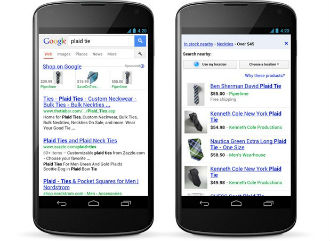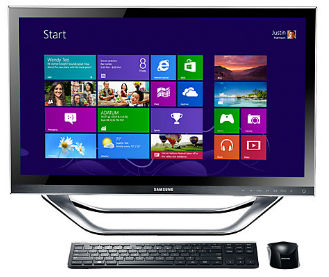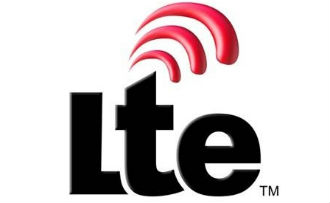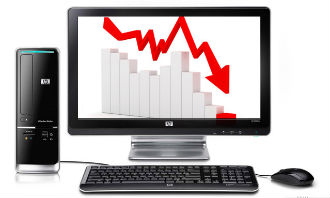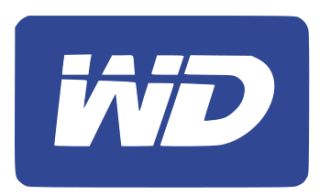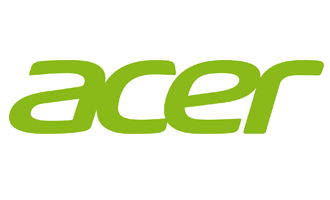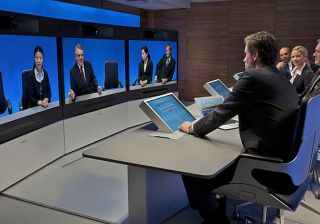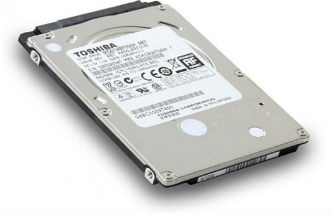 Vodafone has agreed a $10 billion deal to pick up German’s largest cable operator, Kabel Deutschland.
Vodafone has agreed a $10 billion deal to pick up German’s largest cable operator, Kabel Deutschland.
The acquisition comes after the company buying out Cable & Wireless Worldwide, signifying an increased emphasis towards cabel services.
Vodafone has said the $110 per share deal will help it offer more competitive TV, fixed line and broadband services to mobile customers, Reuters reports, in one of its most important markets, a significant change of direction for the company that turns it into a quadruple play company.
American billionaire John Malone’s Liberty Global also had its crosshairs on Kabel Deutschland, but it is thought it was outbid by Vodafone.
Liberty Global is planning a push into the European market which it entered earlier this year when it acquired Virgin Media.
Senior analyst at CCS Insight, Kester Mann, believes the acquisition is both “offensive and defensive”. While it will allow it to attack the biggest European market with cable and TV services, it also shores up the company’s defenses from other cable operators like Liberty Global, Deutsche Telekom, and of course, Kabel Deutschland.
“The move reflects the severity of the threat from cable providers offering faster and lower-cost services,” Mann said.
By diversifying the services offered, with this acquisition Vodafone will be more likely to keep customers from straying to multiple providers – and offer benefits for those that use its services across the board.
Across the pond, Mann thinks that if Vodafone is offered a respectable amount for its stake in Verizon Wireless, leaving the US market entirely would be worth consideration. The acquisition of Kabel, as well as an increased focus on the European markets, could give Vodafone ample opportunity to improve EU networks.
Emeka Obiodu, an Ovum analyst, said the buy instantly transforms Vodafone into the biggest pay TV provider in the country – and the second largest fixed broadband provider.
This is the largest Vodafone M&A since the 2007 India acquisition. According to Obiodu, this indicates that Vodafone’s domestic European market is “sickly and requires a good dose of medicine to jolt it back to life”.
Ovum predicts that mobile telecoms revenues in Germany are subject to downwards pressures, so the acquisition is to diversify Vodafone’s product line up in Europe for additional revenue. “The implication,” Obiodu said, “is that if Vodafone becomes Germany’s largest pay TV provider, why would it not want to do the same in the UK, Spain, Italy or the Netherlands?”
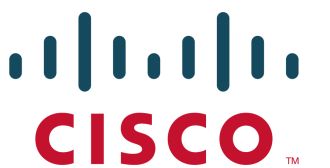 Kcom has got some more Cisco certification on its roster that open it up to selling and delivering further Cisco’s cloud products.
Kcom has got some more Cisco certification on its roster that open it up to selling and delivering further Cisco’s cloud products.


